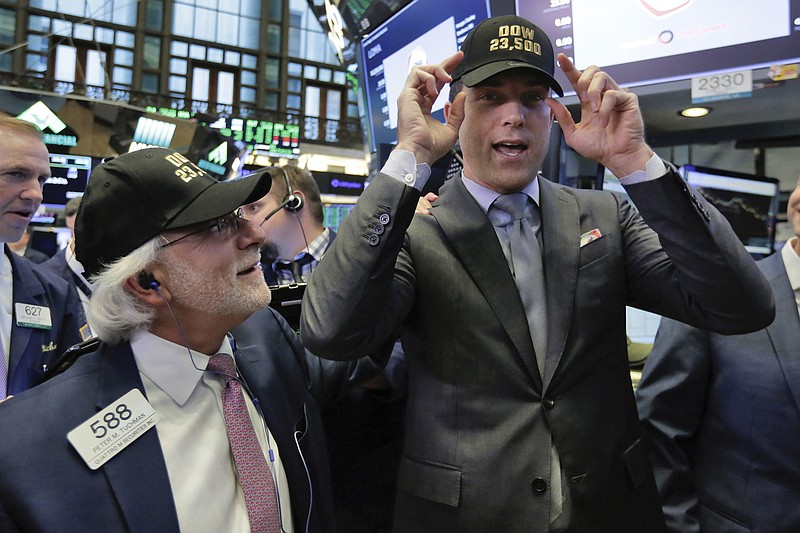For the rest of the year, we'll be bombarded with predictions for 2018. The U.S. will go to war with North Korea. The stock market will reach new record highs. The Republican tax bill will cause the economy to collapse. President Trump will resign. Democrats and Republicans in Congress will compromise on a huge infrastructure bill. You get the idea.
The truth about predictions is they're only guesses, even if they're educated guesses. Ideological sides will make theirs depending on whatever scenario they hope will occur, whether they be good or bad for the United States. But incidents occur that no one can see coming or can imagine that will change everything. The business world, though, attempts to be more accurate because being correct can earn more money in a positive economy and save more in a negative one.
With that in mind, WalletHub is out with its 10 financial predictions for 2018. But we wondered, instead, how the financial services company's 2017 predictions turned out.
As it happened, the company's predictions were its worst in the past six years, according to its grading system. It missed the mark, it said, "because the stock market performed well beyond our expectations." But, it said, "most everyone missed that one, and it just goes to show why you should always stay invested and avoid trying to time the market."
For the record, WalletHub predicted 2.1 percent annual growth in the U.S. gross domestic product (GDP) in 2017, a 5 percent unemployment rate, the Standard and Poor's (S&P) 500 level to be 2,288, auto sales to top 17 million, existing home sales to hit 6 million and two federal interest rate hikes.
As of the third quarter, the U.S. GDP was growing at a 3.3 percent clip, unemployment was at 4.1 percent in November, the S&P 500 level was 2,685.92 (as of Monday morning), auto sales were expected to top 17 million (as of the seasonally adjusted annual rate through November), existing home sales were expected to fall short of 6 million (as of the seasonally adjusted annual rate through October) and the Federal Reserve had raised its rates three times (with the third jump of a quarter point coming last week).
"At the moment," Janet Yellen said during her final news conference as Federal Reserve chairwoman last Wednesday, "the U.S. economy is performing well. There's less to lose sleep about now than has been true for quite some time."
She didn't say, but some of that can be attributed to the ascendancy of President Trump and his policies, some not. What we can say with certainty is that with everything else going on in the country, from the controversial tax bill to the failure to reform health care coverage to troublesome hot spots around the globe to the sexual misconduct scandals roiling the U.S., a sound economy is one pleasant early Christmas present - even if it wasn't predicted.
